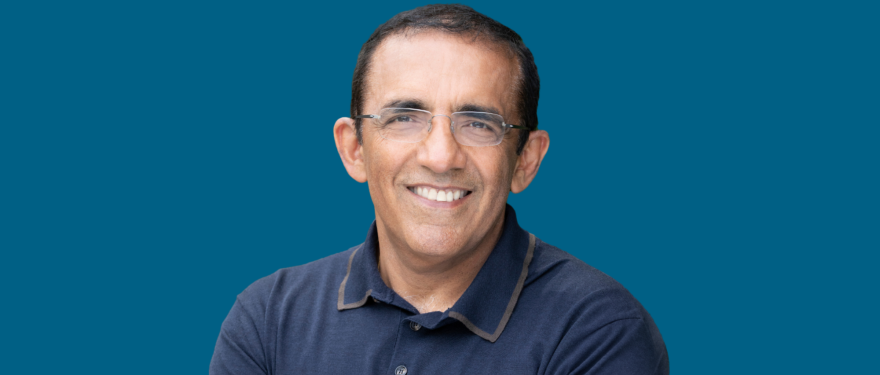If you choose to pursue a career in business, I can guarantee that you will experience moments that will test you as never before. At times like those, what quality will you need more than any other? I believe that quality is courage.
Imagine the following situations:
- You’re working at a secure job in a thriving business when a job offer comes from a company you’ve always admired that’s on the brink of bankruptcy. The risks are tremendous but so are the potential rewards – to you and society. This situation brings to mind the experience of James Mwangi, CEO of Equity Group Holdings.
- You’re an executive at a company where the numbers say you need to close a factory, which you know will have a devastating impact on the employees affected. If you don’t do it, however, your whole company may collapse. This dilemma mirrors the predicament faced by Susan Tynan (MBA 2003), the CEO and Founder of FrameBridge.
- You need to decide whether to expand into a market your business knows almost nothing about or stick with providing a service that you know will eventually become obsolete. This choice echoes the challenges tackled by John Chen, the CEO of Blackberry.
- You face relentless pressure from shareholders to make changes that you know will threaten the long-term future of your company. This situation reflects the experiences of Paul Polman, the former CEO of Unilever.
On the second season of my podcast, I talked to over a dozen business executives who faced situations like these – decisions that had them poised over an abyss of uncertainty. Without exception, they all had to confront their fears and use courage to take a leap of faith toward what they believed was the right decision on the other side.
To paraphrase Nelson Mandela, courage is the ability to take action in the face of fear. So how did these executives decide which actions to take? Without exception, they allowed their values, their sense of purpose, and the examples of parents, mentors and inspiring leaders to guide them.
Yes, sometimes their decisions did not achieve the desired result, but in those cases, they saw their failures as learning experiences that proved to be useful in the future. As the author and aviator Anne Morrow Lindbergh said: “It takes as much courage to have tried and failed as it does to have tried and succeeded.”
At the same time, it's important to realize that “courage without purpose is just an act of futility,” as Joe Almeida, CEO of Baxter International, explained when I asked him what advice he would give to young people who wanted to cultivate a sense of courage.
“When you are inexperienced, and you're trying to make a decision, don't be impulsive,” he told me. “Impulsivity is the opposite of understanding facts.” As he would explain during our conversation, Joe lives according to the following principle: whether in your career or your personal life, understand the consequences – and the purpose – of your decisions.
I liked an analogy he gave to make this point: Imagine someone with no experience diving standing above the deep end of a pool and, “Watch me do a 10-meter platform dive!” Would you consider that person to be courageous – or reckless? In short, overcoming fear and uncertainty when it truly matters is what makes courage such an important quality to have.
In fact, I think one of the most important things that courage can give to any businessperson is the ability to withstand the pressure to do something that is unwise, unethical or even illegal in the name of selfishness, short-term gain and greed. The executives I spoke with described moments when they had to summon their resolve to fight back against, for example, short-term moves that would lift the company’s stock price at the expense or its overall health or that would cause permanent damage to the environment.
Business news headlines regularly display examples of people who took the easy way out because they lacked integrity, courage and an overarching sense of purpose. Pursuing an MBA, I believe, means critically engaging with these kinds of stories and, ultimately, figuring out for yourself what being courageous will mean for your career.
On the first season of my podcast, I talked with executives about the importance of purpose in guiding their decisions. Purpose and courage, I have found, go hand in hand. Together they help conquer the fear and uncertainty that are inevitable in any businessperson’s life.
Ranjay Gulati is the Paul R. Lawrence MBA Class of 1942 Professor of Business Administration at the Harvard Business School and the author of Deep Purpose: The Heart and Soul of High-Performance Companies (Harper Business). Listen to the Deep Purpose podcast here.

